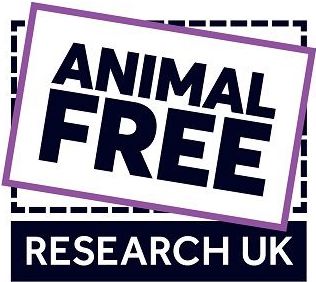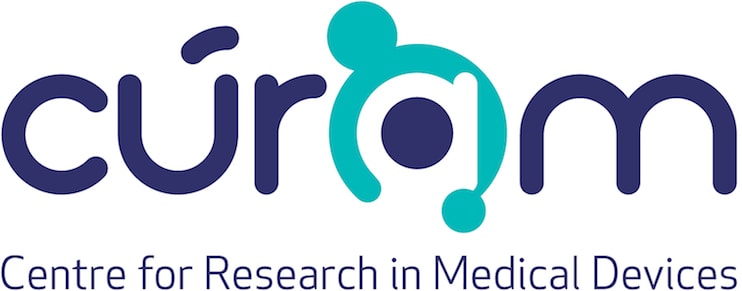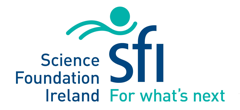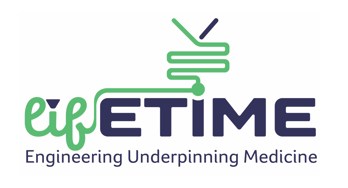Interview with our Sustainability Representatives
Laboratory work has a significant impact on the environment, ranging from plastic waste and lack of recycling to energy consumption. Due to our CDT having students who occupy so many labs across the partner universities, we have made it our mission to reduce our carbon footprint by starting a sustainable labs working group. Our goal is to make the CDT more sustainable, both at work and at home. Not only we will try to raise awareness on the climate change topic, but also help the cohorts into switching to more sustainable habits.
Maria-Laura Vieri and Seb Doherty-Boyd are the student representatives who are leading our sustainability group and below they tell us about their personal connections to climate change, what the LifETIME CDT is doing to be more sustainable and what our future goals are:
Maria-Laura, could you tell us a little bit about yourself and why you took on the role as student rep for the 2019 cohort?
I’m a second year PhD student and I am developing a 3D model of the osteochondral tissue (basically the cartilage-bone interface). We’d like then to use this model to study osteoarthritis and find new therapies. Apart from that, I am an Italian living in Glasgow that dreams to travel the world on an electric van (one of those cool ones with the kitchen, the bed etc… look for #vanlife and you will see what I mean). The reason why I decided to become the sustainability rep for my cohort is because I have always been very sensible to the sustainability topic. The climate change threat is real, and I wanted to do something more than just having a sustainable lifestyle. I felt this was a great opportunity to raise awareness and motivate others as well.
Seb, could you tell us a little bit about yourself and why you took on the role as student rep for the 2020 cohort?
I’m a first year PhD student working to develop an artificial bone marrow niche for HSC maintenance ex vivo. I have been interested in reducing my own carbon footprint since I was a child and have recently become more aware of the existential threat global warming poses thanks to increased media coverage of the topic.
Seb, it must be hard work trying to implement such a large sustainability plan across so many Universities/labs. How do you manage this?
The sustainable labs working group formed Jan 2021. Each university has a different scheme supporting sustainability which made coordinating our approaches difficult. We elected a representative for each cohort, which helps keeps everyone on the CDT involved. We have also begun holding regular meetings to keep everyone informed on how they can improve their lab’s sustainability, as well as organising shared spaces and mini groups for each lab to check in.
Maria-Laura, what are the goals for the next 12 months in regard to sustainability across the CDT?
The major goal is to get a sustainability accreditation of our labs. Currently our universities have been in touch with two organisations, My Green Lab (https://www.mygreenlab.org/) and UCL’s LEAF (The Laboratory Efficiency Assessment Framework, https://www.ucl.ac.uk/sustainable/staff/labs/take-part-leaf). Both organisations have different certifications levels depending on how many of sustainable actions have been implemented in the laboratory. A great achievement would be to have all our labs with a Bronze Award (the lower level) within the next 12 months.
Seb, does the CDT have any longer-term sustainability goals?
We want to organise large scale events such as litter picks and seminars to involve as many people as possible in improving the sustainability of all the labs involved in the CDT. We also want to encourage other CDTs to implement sustainable measures and begin sustainable outreach work for those interested. Ultimately, we want to achieve a gold LEAF award or equivalent for all labs in the CDT and associated CDTs, as this is a good indicator of a sustainable lab.
Maria-Laura, what advice would you give to someone who wanted to get involved with sustainability in their labs?
If there is already an eco-group in your building, joining is definitely a good start. If you are the first one to set up a sustainable team, get in touch with the university’s eco group, if there is one, or with us. It is easier to involve people and make changes in your lab if you are backed up by other teams, especially if they are big and already established labs. For example, the University of Glasgow Environmental Sustainability Team (GUEST) is helping a lot of Glasgow students that want to be involved in making their labs greener. Don’t be afraid to reach out!








